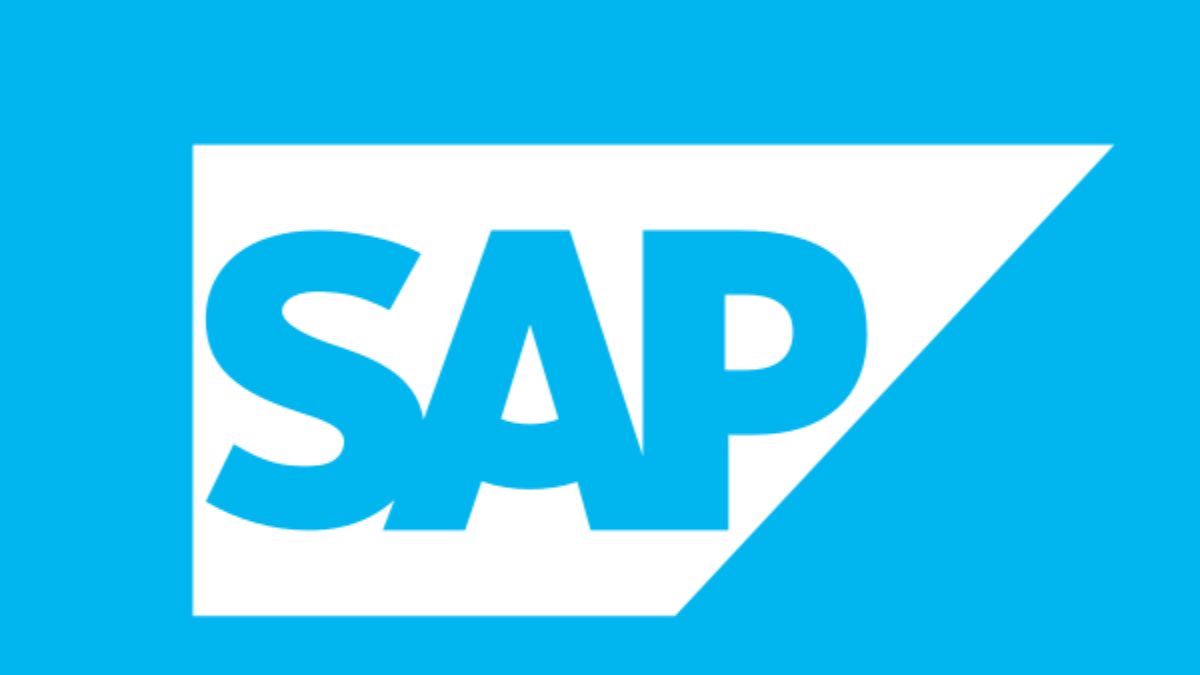Necessary Always Active
Necessary cookies are required to enable the basic features of this site, such as providing secure log-in or adjusting your consent preferences. These cookies do not store any personally identifiable data.
|
||||||
|
||||||
|
||||||
|

German tech giant SAP will invest more than $20 billion in building its European sovereign cloud capabilities. According to CNBC, the investment to support SAP’s cloud infrastructure expansion in Europe will be spread over a 10-year period.
SAP’s cloud infrastructure expansion plan includes development of an infrastructure-as-a-service (IaaS) platform. This platform will allow companies to access different computing services through the SAP data center network. Currently, the IaaS market is dominated by tech giants like Amazon and Microsoft.
The plan also includes introducing an on-site option designed to give customers access to the SAP-operated infrastructure within their data centers. The purpose of this offering is to store customer data in the European Union goal, a move that will ensure SAP cloud offerings comply with the GDPR.
“Innovation and sovereignty cannot be two separate things, it needs to come together,” SAP Board Member Thomas Saueressig said in a virtual press conference on Tuesday.
According to Saueressig, companies in Europe should have access to the latest tech advancements like AI “in a full sovereign context.”
Tech sovereignty is increasingly gaining traction across the globe as geopolitical differences push companies into assessing their dependence on foreign technologies. Tech sovereignty means that data generated in a particular country or continent stays within the borders. It also emphasizes that the laws of that particular country or region apply to the data.
Major tech companies like Microsoft, Google, and Amazon have announced sovereign cloud initiatives to store data belonging to European users within the EU. Across the world, countries are seeking to bring computing infrastructure needed to develop powerful AI systems onshore. Tech giants have started boosting sovereign AI investment as they seek to strengthen localized data control. Europe is particularly concerned about its dependency on U.S-based technology.
Politicians and regulators argue that this dependence could harm Europe’s competitiveness and technological resilience, a concern that has led to development of new regulations aimed at ensuring businesses comply with data sovereignty laws. The EU’s General Data Protection Regulation (GDPR), for example, requires businesses to use data in a secure and compliant manner to maintain the user’s right to privacy. In February 2025, U.S. tech giants, Meta and Google criticized EU’s stringent AI regulations, arguing that they are slowing down growth of the AI industry in Europe
The European Commission has prioritized AI as it seeks to gain a competitive edge against China and the U.S. For a long time, Europe has trailed the two countries in technological advancements. At the beginning of 2025, the Commission announced plans to invest up to €20 billion in the establishment of what it called AI gigafactories.
These facilities would be equipped with vast supercomputers designed to develop next-generation AI models. According to European Commission’s Executive VP Henna Virkkunen for Tech Sovereignty, Europe’s goal is to bring together top-notch computing capacity, researchers, and high quality data sets in one place.
“We have, for example, 30% more researchers per capita than the U.S. has, focused on AI. Also we have around 7,000 startups [that] are developing AI, but the main obstacle for them is that they have very limited computing capacity. And that’s why we decided that, together with our member states, we are investing in this very crucial infrastructure,” Virkkunen told CNBC in June 2025.
Saueressig says SAP will be involved in the development of AI gigafactories in Europe though the company will not be leading the initiative. The SAP board member also said the more than €20 billion investment in EU’s sovereign cloud capabilities will not change SAP’s 2026 capital spending.